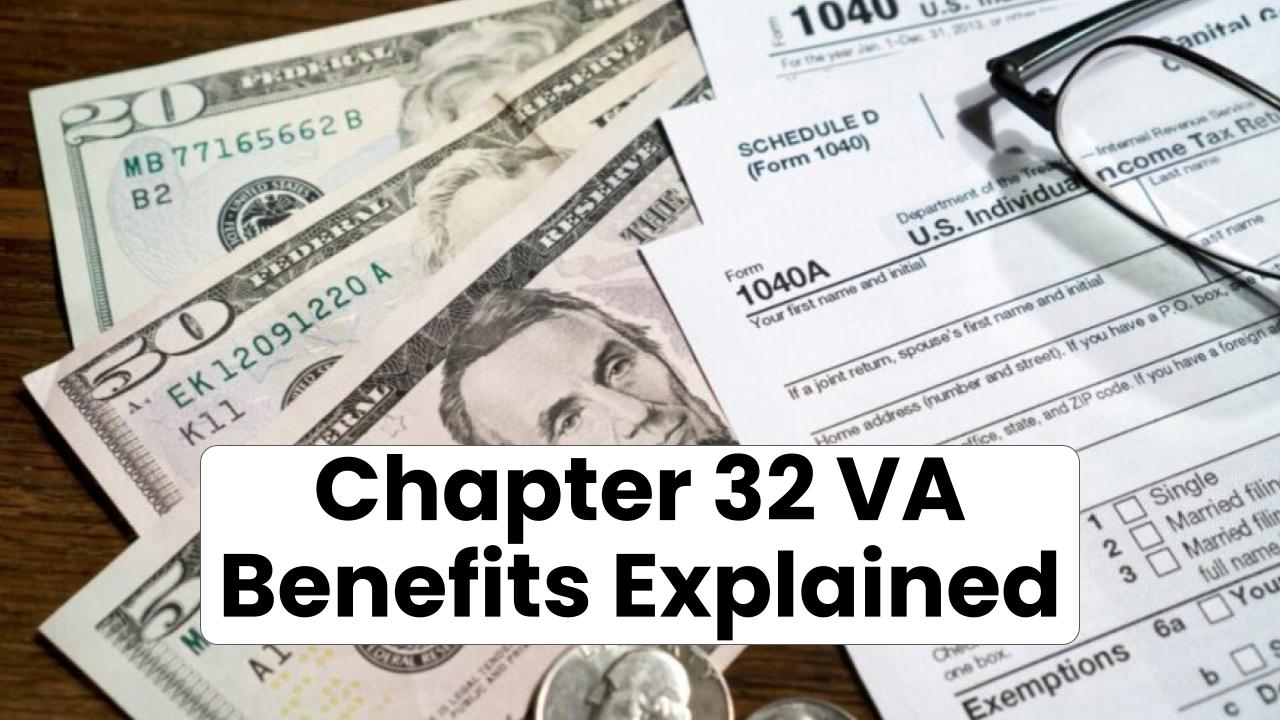The UK government is taking a major step forward in improving the earnings of young workers. The new minimum wage rates for 2025 will bring significant boosts to pay, especially for those aged between 18 and 20. This is a big deal for millions of people who earn the minimum wage and are often at the beginning stages of their careers. Whether you’re a young worker hoping to get a better deal, or an employer wondering how this might affect your business, this article breaks it all down in a way that’s easy to understand.

In April 2025, the UK’s National Minimum Wage (NMW) and National Living Wage (NLW) are set to rise. This wage increase will have a substantial impact on workers’ pay, especially for younger employees. The young workforce will experience the largest pay hike in years, with the 18–20 age group seeing an increase of 16.3% in their hourly rate. This is great news for the economy, helping to narrow the pay gap for younger workers and provide them with more financial security.
UK Minimum Wage 2025
| Category | Old Rate (April 2024) | New Rate (April 2025) | Percentage Increase |
|---|---|---|---|
| National Living Wage (21+) | £11.44 | £12.21 | +6.7% |
| National Minimum Wage (18–20) | £8.60 | £10.00 | +16.3% |
| Under 18 & Apprentices | £6.40 | £7.55 | +18% |
The 2025 UK minimum wage increases are a big win for young workers. These changes will directly benefit millions of people aged 18 to 20, with significant raises to their hourly pay. If you’re an employer, it’s time to review your payroll system and adjust for these changes. For young workers, this boost can help improve your financial security and offer opportunities to invest in your future.
As the cost of living continues to rise, it’s more important than ever to stay informed about your pay and make sure you’re getting what you deserve. Take advantage of this increase by saving, investing in yourself, and ensuring that you’re paid fairly. Stay informed, stay proactive, and keep pushing forward.
Why is This Happening?
The reason for these increases is simple: the cost of living is rising, and young workers need to be better supported. With more young people entering the workforce, the government wants to make sure that wages keep up with the economic realities of modern life. Inflation and the rising cost of goods and services mean that wages need to rise too. The aim is to ensure that workers are earning enough to cover basic living expenses.
The UK government has long recognized that young workers are often at the bottom of the pay scale, and many struggle to make ends meet. By increasing wages for those between 18 and 21, the government is not only offering immediate relief but also taking a long-term approach to addressing the inequalities in the workforce.
In fact, the National Minimum Wage for workers aged 18 to 20 is now set to be at 82% of the National Living Wage rate, which has historically been reserved for workers aged 21 and older. This marks a big step toward equalizing pay across age groups, and ensures that younger workers are not left behind.
The Impact on Young Workers
Let’s break down what this increase means for young workers specifically.
- 18–20-Year-Olds: This group is seeing a jump from £8.60 to £10.00 per hour. If you’re a full-time worker, that’s an extra £2,500 in your pocket annually! This is huge for workers in their first jobs or those who are trying to get on the property ladder, pay off student loans, or simply cover their daily expenses.
- Under-18s & Apprentices: For those still in school or working in apprenticeships, the increase from £6.40 to £7.55 per hour is an 18% boost. It may seem small, but for young apprentices, this can make a real difference in their ability to support themselves during their training.
These increases aren’t just about the money — they’re about recognizing the hard work young people put in, especially in tough industries like hospitality, retail, and healthcare. These sectors often employ younger workers, who are crucial to their success.
What Does This Mean for Employers?
While this pay rise is great news for workers, employers will also need to plan accordingly. Here’s a breakdown of what business owners need to know:
- Increased Labor Costs: If you have young employees, especially those aged 18 to 20, your labor costs are going up. It’s essential to factor this increase into your budgeting and financial planning.
- Wage Gap Management: For businesses that have a mix of employees across different age groups, it’s important to manage wage gaps effectively. As younger workers see higher wages, there may be a push for wage increases for older employees as well, to maintain pay equity.
- Potential Impact on Hiring: Some employers may choose to reduce staff or adjust hiring practices to compensate for the increased labor costs. However, businesses that value fair wages and recognize the value of young workers may find that this increase leads to lower turnover rates and higher productivity.
- Legal Compliance: Make sure your payroll system is updated to reflect these changes. It’s crucial that employers are compliant with the new rates to avoid potential penalties. Check out the official UK government guidelines for the latest payroll information.
How Can Workers Take Advantage of This Boost?
As a young worker, there are several ways to make the most of this pay increase:
- Save and Budget Wisely: It’s easy to think of extra money as a chance to splurge. However, this pay boost can be a great opportunity to save for the future. Consider opening a savings account or putting aside money for long-term goals like a car or a home.
- Skill Up: Use your extra income to invest in yourself. Whether it’s taking an online course, getting more job experience, or starting a side hustle, building your skills will make you more valuable in the workforce.
- Know Your Rights: Make sure you understand your labor rights. The UK government has set these minimum wages to ensure that young workers are paid fairly. If you ever have questions, resources like the UK government website or Citizen’s Advice can help you understand your rights as an employee.
FAQs
1. How much will my paycheck increase in 2025 if I’m 18?
If you’re 18 and working full time, your pay rate will increase from £8.60 to £10.00 per hour. That means more money in your paycheck, potentially an extra £2,500 per year!
2. Is this the highest increase in history?
Yes, the increase for young workers is one of the largest in recent history, especially for the 18–20 age group, who will see a 16.3% increase in their pay.
3. Do employers have to follow the new rates?
Yes, all employers must comply with the National Minimum Wage rates as set by the UK government. Failure to do so could result in penalties or legal action.
4. How can I check if I’m being paid correctly?
If you’re unsure if you’re being paid the correct minimum wage, you can check your pay stub and compare it to the official rates listed on the UK government website.
5. What can I do with the extra money I’ll be earning?
Consider using the extra income to save, pay off debt, or further your education. It’s a great opportunity to set yourself up financially for the future.








